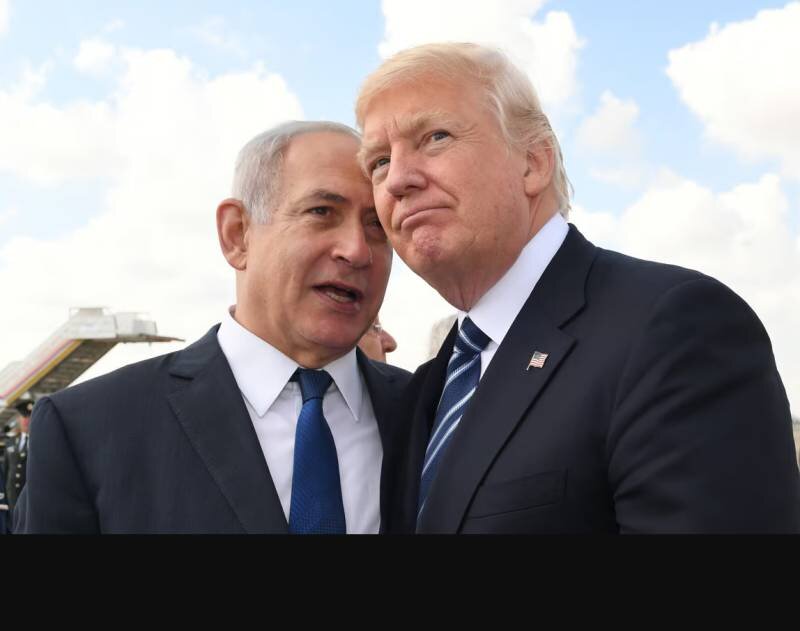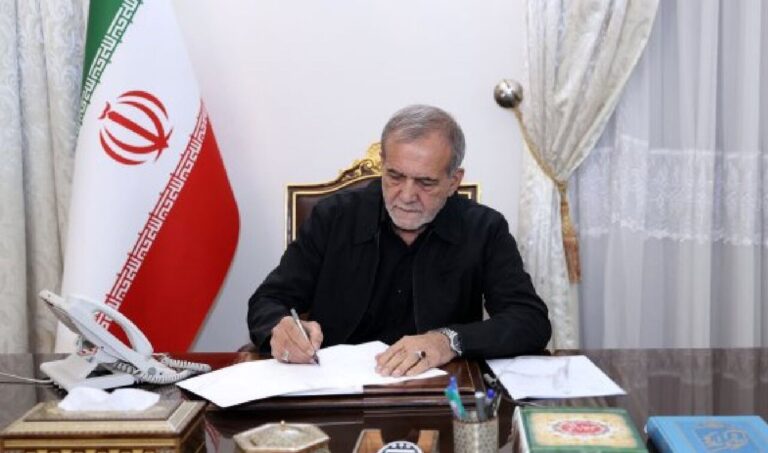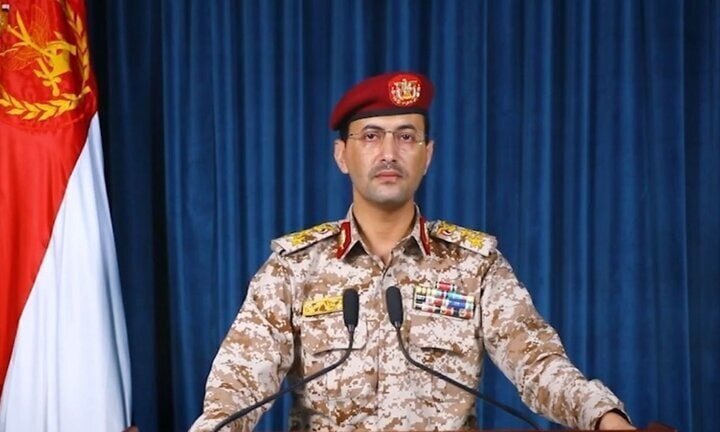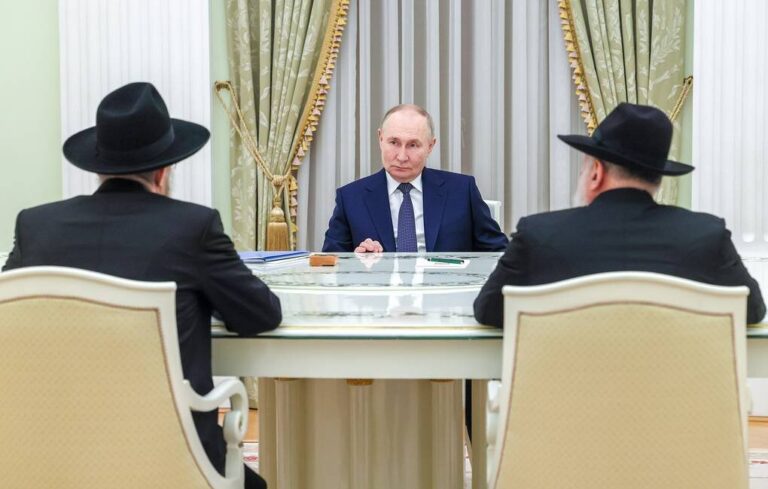Trump and Netanyahu’s High-Stakes Meeting: A Strategic Move to Protect a Controversial Figure
In a significant political maneuver, Prime Minister Benjamin Netanyahu’s upcoming visit to the United States signals his desperate attempt to divert attention from Israel’s military challenges in Gaza and Lebanon. As he prepares for a key meeting with President Donald Trump at the White House, Netanyahu aims to discuss strategies for combating Hamas and securing the release of hostages.
Before his departure on Sunday, Netanyahu reiterated his ambition to defeat Hamas, stating, “victory over Hamas and achieving the release of all our hostages” will be a primary focus during his discussions with Trump. This meeting comes in the wake of Israel’s recent ceasefire agreement with Hamas, which was implemented on January 19, aimed at halting the ongoing conflict in Gaza.
- The ceasefire was prompted by Israel’s inability to achieve its military objectives, particularly the elimination of Hamas and the return of captives through military means.
- Netanyahu ordered the military campaign against Gaza to commence on October 7, 2023, following a surprise attack by Hamas that resulted in over 1,100 fatalities and approximately 250 individuals taken captive.
In the United States, protests have erupted against former President Joe Biden, who has been labeled “Genocide Joe” due to his administration’s support of Israel amid the ongoing violence in Gaza. Despite the ceasefire, many captives remain in Gaza, with hopes for their release tied to the three-phase ceasefire agreement.
Since the truce began, Hamas has released 18 hostages in exchange for hundreds of Palestinian prisoners held in Israeli jails. However, Netanyahu’s insistence on defeating Hamas seems more rooted in aspiration than reality, especially given the military setbacks Israel has faced during the conflict.
In his remarks, Netanyahu also aimed to shift focus by demonizing Iran, emphasizing the importance of addressing the “Iranian terror axis” in his talks with Trump. Israel identifies Hamas, Islamic Jihad, Hezbollah, and various Iraqi resistance groups as proxies of Iran, a claim that Iran consistently disputes.
- Netanyahu and his supporters assert that Iran has been weakened by Israel’s military actions in Gaza and Lebanon.
- However, conflict escalated shortly after the war began, with Hezbollah engaging in cross-border attacks against Israel to show solidarity with Palestinians.
The Israeli military has previously conducted extensive bombing campaigns in Lebanon, particularly in September of the previous year, but these efforts to suppress Hezbollah resulted in a ceasefire agreement after failing to achieve their goals.
Amidst these tensions, Netanyahu has become increasingly isolated, with an arrest warrant issued by the International Criminal Court (ICC) for alleged war crimes committed in Gaza. Meanwhile, Yemen’s Ansarullah has also targeted Israel with missile attacks, further complicating the regional dynamics.
As the conflict in Gaza continues, Israel faces significant internal and external pressures. The Israeli population has grown frustrated with Netanyahu’s failure to meet military objectives, and the country’s international standing has deteriorated due to its actions in Gaza, which have been characterized by accusations of genocide at the International Court of Justice (ICJ).
Netanyahu is now considered a wanted criminal, striving to mask Israel’s increasing isolation and military failures through diplomatic engagements. In July 2024, during a previous visit to the US, Netanyahu addressed a joint session of Congress, garnering applause even as the Gaza death toll rose dramatically.
His return from Washington coincided with intensified military actions against Palestinians, raising questions about the impact of these high-profile meetings on Israel’s conduct in the region. In September, another meeting with Biden occurred amid ongoing Israeli attacks in Lebanon, again highlighting the troubling pattern of behavior linked to Netanyahu’s visits to the US.
It appears that Netanyahu’s engagements with US leadership embolden him to escalate military actions in the region. The unwavering support from the US government during the Gaza war has raised concerns about complicity in the violence perpetrated by Israel.
Protests labeling Biden as “Genocide Joe” underscore the backlash against US foreign policy regarding Israel and its implications for the Democratic party, particularly in light of the recent electoral losses attributed to this stance.
As Trump prepares for discussions with Netanyahu, it is crucial for him to recognize the potential political fallout of associating with a leader increasingly viewed as a pariah on the world stage. To fulfill his commitment to ending wars in the Middle East, the US president should reconsider his support for Netanyahu, who is struggling to maintain legitimacy amid mounting evidence of human rights violations and military failures.






